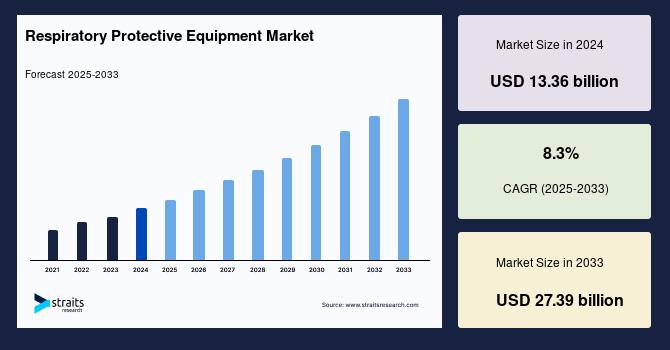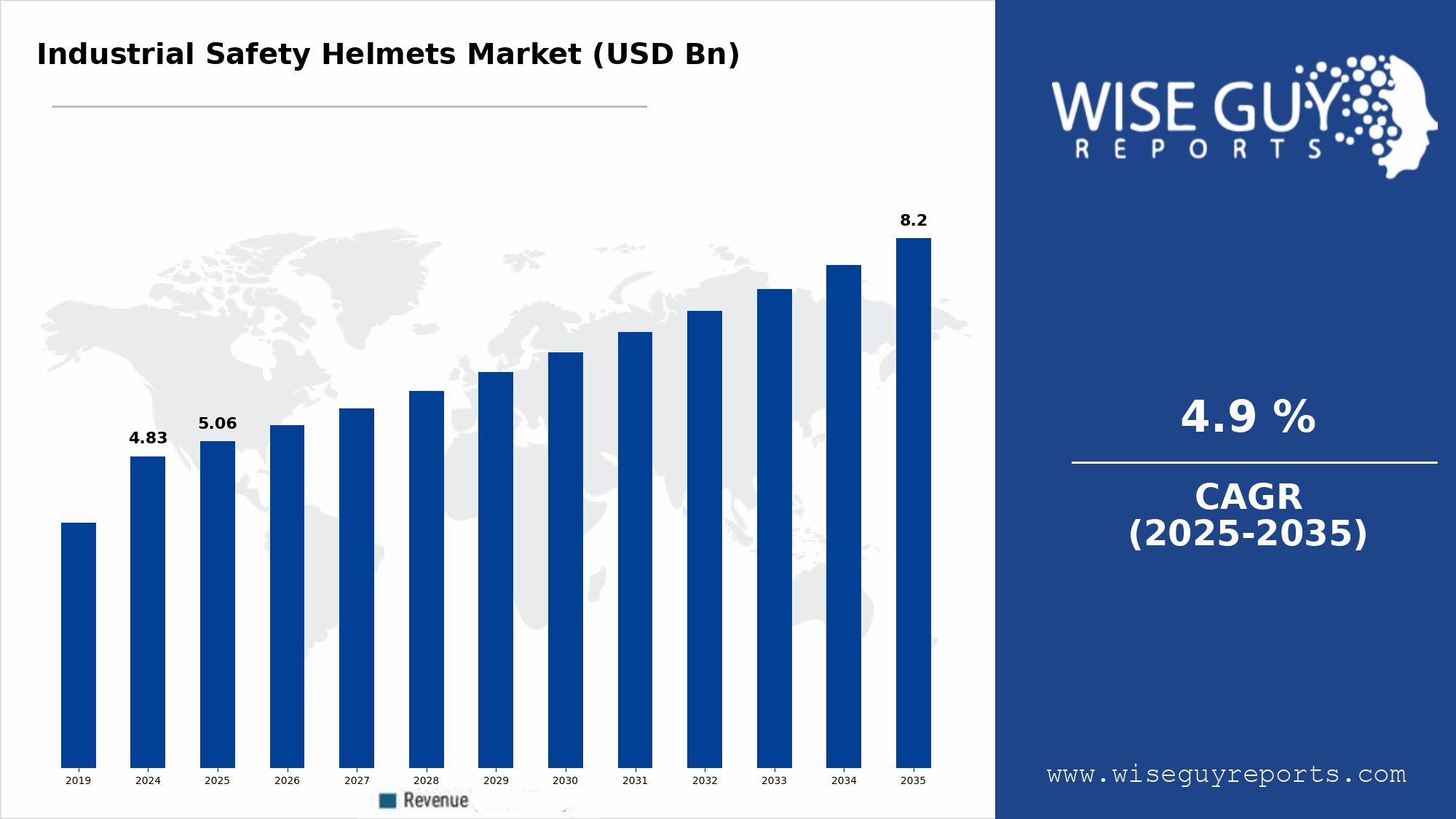The recent U.S. government shutdown, triggered by a failure to pass a funding bill, poses immediate challenges for the logistics and supply chain sectors. While Customs and Border Protection officers remain operational, the furlough of thousands of support staff is expected to slow down documentation and inspections, reminiscent of the delays seen during the 2018–2019 shutdown. Ports across the nation, from Seattle to New York, are operational but face potential ripple effects due to unpaid federal staff and processing delays. Trucking firms can continue operations, yet the pause on permitting and compliance reviews complicates the onboarding of new drivers. Air cargo operations are similarly affected, with new certifications frozen, raising concerns about efficiency and safety. The cumulative impact of these disruptions threatens to escalate costs and delays across the supply chain.
As the shutdown persists, the implications for the logistics industry become increasingly severe. Essential federal workers, including CBP officers and TSA screeners, are working without pay, while furloughed staff create bottlenecks that hinder the private sector's reliance on federal oversight. The ongoing standoff between political factions exacerbates uncertainty, with markets reacting negatively—U.S. stock futures have dipped, and gold prices have surged as investors seek stability. Analysts caution that prolonged disruptions could lead to significant economic ramifications, emphasizing the need for swift resolution. For now, while cargo continues to move and transportation remains functional, the escalating delays and costs underscore the fragility of the supply chain in the face of governmental inaction.









